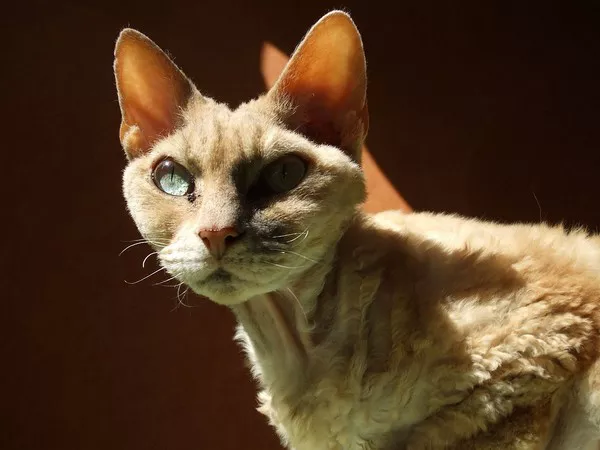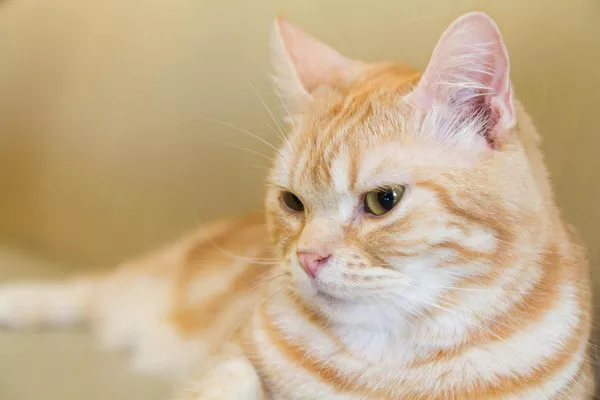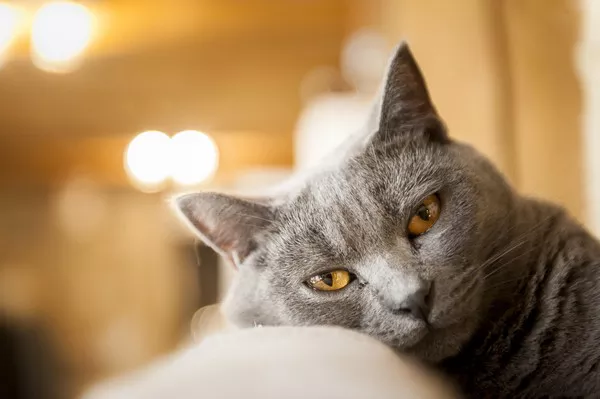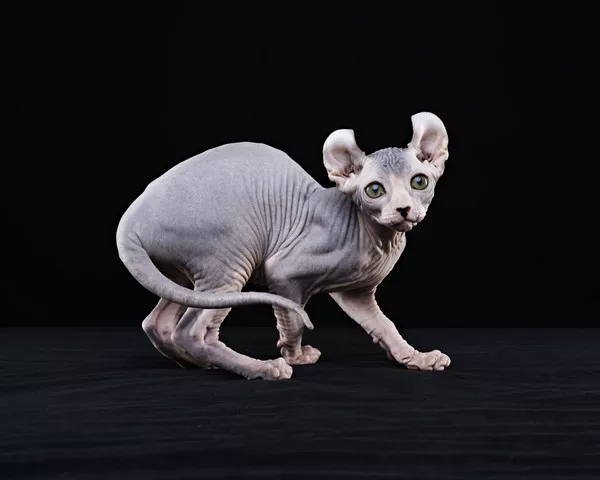Devon Rex cats are unique and captivating feline companions known for their striking appearance, playful demeanor, and affectionate nature. If you’re considering adding one of these charming creatures to your family, it’s essential to understand the various factors that influence their cost. In this article, we’ll delve into the world of Devon Rex cats’ pricing, helping potential cat owners make informed decisions.
1. Origins and Characteristics of Devon Rex Cats:
The Devon Rex is a breed that originated in England during the 1960s. These cats possess distinctive features such as large ears, curly whiskers, an elongated body, and a soft, wavy coat. Their playful and sociable personalities make them popular choices for pet owners seeking an interactive and entertaining companion.
2. Breeder Reputation and Quality:
One of the primary factors impacting the price of a Devon Rex cat is the reputation and quality of the breeder. Reputable breeders invest significant time, effort, and resources in breeding healthy cats with desirable traits while adhering to ethical practices. The careful selection and maintenance of breeding lines contribute to higher prices.
3. Pedigree and Bloodline:
Pedigree and bloodline also play a crucial role in determining the cost of a Devon Rex cat. Cats with well-documented pedigrees tracing back several generations often command higher prices. Additionally, cats with champion bloodlines or those descended from renowned show cats may be more expensive due to their superior genetic traits and potential for participation in cat shows.
4. Coat Color and Pattern:
The color and pattern of a Devon Rex’s coat can significantly influence its price. While the breed standard recognizes a range of colors and patterns, certain variations may be rarer or more sought after, leading to higher prices. Uncommon colors like chocolate, lilac, cinnamon, or fawn, as well as unique patterns such as tortoiseshell or tabby, may command a premium cost.
5. Age and Health:
The age of the cat is another factor to consider when determining its price. Kittens are generally more expensive than adult cats due to their high demand and potential for bonding with owners from an early age. Additionally, the health of the cat plays a significant role in pricing. Cats with thorough veterinary check-ups, vaccinations, and documentation of good health are likely to be priced higher.
6. Geographic Location:
Geographic location can impact the cost of a Devon Rex cat. Prices vary across regions due to differences in supply and demand, as well as local economic factors. In areas with fewer breeders or a higher cost of living, Devon Rex cats may be more expensive compared to regions with a greater number of breeders and lower living costs.
7. Additional Expenses:
When considering the cost of a Devon Rex cat, it’s essential to account for additional expenses beyond the initial purchase price. These include ongoing costs such as food, grooming supplies, litter, toys, vet visits, and potential medical expenses. Responsible cat ownership involves providing proper care and meeting these financial obligations.
Conclusion:
The cost of a Devon Rex cat can vary significantly depending on factors such as breeder reputation, pedigree, coat color, age, health, geographic location, and additional expenses. It’s crucial to conduct thorough research, visit reputable breeders, and prioritize ethical practices when considering adding a Devon Rex to your family. Remember, the initial cost is just one aspect of cat ownership, and maintaining a healthy, happy feline companion requires dedication, love, and financial responsibility.



























